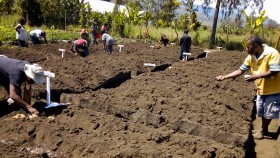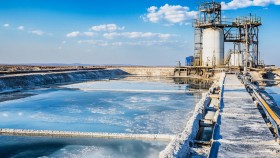Climate change and the people’s health: the need to exit the consumptagenic system
The world has warmed to dangerous levels and the attendant disruption to the Earth system is profound.
The climate change-induced bushfires in Australia have resulted in almost 30 deaths, tens of thousands displaced from their homes, up to 1·25 billion animals dead, and pristine landscapes destroyed.
Globally, there are more frequent and severe extreme weather events. While Australia burned, the worst monsoon rains in decades caused landslides and floods in Indonesia, killing at least 70 people.
In 2019, typhoons and heatwaves killed and injured thousands of people across Africa, Japan, India, China, Europe, and the USA.
No one will be untouched by climate change, but it is not experienced equally.
Affluent people can afford to live in insulated buildings with air conditioning and air purifiers.
The poor, older people, people with disabilities, and those with pre-existing health conditions are the least able to adapt to the changing climate, unable to escape the fires and heat, and live in dwellings and environments that amplify its effects.
Having lost homes or livelihoods, and fearful for the future, some people might leave their communities and perhaps their country.
This will exacerbate inequities, with those who have more financial and social capital having more options.











